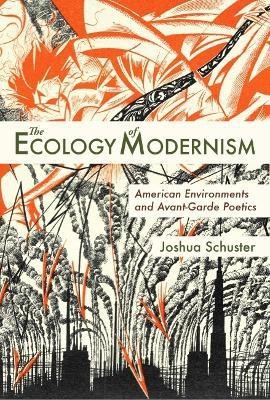Ecology of Modernism(English, Paperback, Schuster Joshua)
Quick Overview
Product Price Comparison
The Ecology of Modernism explores the unexpected absence of an envi-ronmental ethic in American modernist and avant-garde poetics, given its keen concern with an ecological esthetic. Joshua Schuster explains why American modernism was never green. In The Ecology of Modernism, Joshua Schuster examines the rela-tionships of key modernist writers, poets, and musicians to nature, industrial development, and pollution. He posits that that the curious failure of modernist poets to develop an environmental ethnic was a deliberate choice and not an inadvertent omission. In his opening passage, Schuster boldly invokes lines from Walt Whit-man's "Crossing Brooklyn Ferry," which echo as a paean to pollution: "Burn high your fires, foundry chimneys! cast black shadows at night-fall!" Schuster labels this theme "regeneration through pollution" and demonstrates how this motif recurs in modernist compositions. This tolerance for, if not actual exultation of, the by-products of industri-alization hindered modernist American artists, writers, and musicians from embracing environmentalist agendas. Schuster provides specific case studies about Marianne Moore and her connection of fables with animal rights; Gertrude Stein and concepts of nature in her avant-garde poetics; early blues music and poetry and the issue of how environmental disasters (floods, droughts, pestilence) affected black farmers and artists in the American South; and John Cage, who extends the modernist avant-garde project formally but critiques it at the same time for failing to engage with ecology. A fas-cinating afterword about the role of oil modernist literary production rounds out this work. Schuster masterfully shines a light on the modernist interval between the writings of bucolic and nature-extolling Romantics and the emer-gence of a self-conscious green movement in the 1960s. This reward-ing work shows that the reticence of modernist poets in the face of resource depletion, pollution, animal rights, and other ecological traumas is highly significant.


